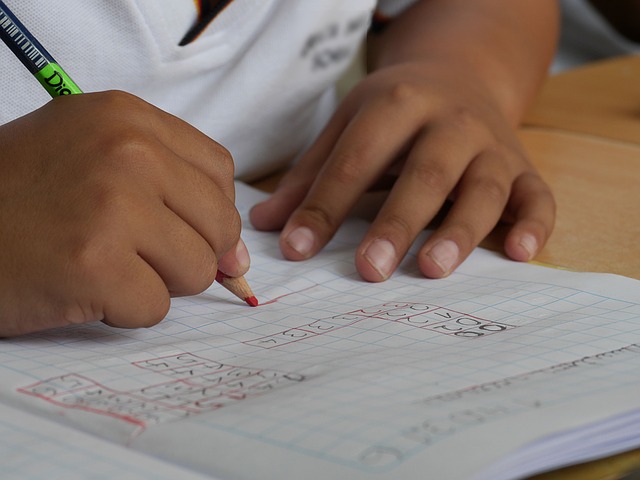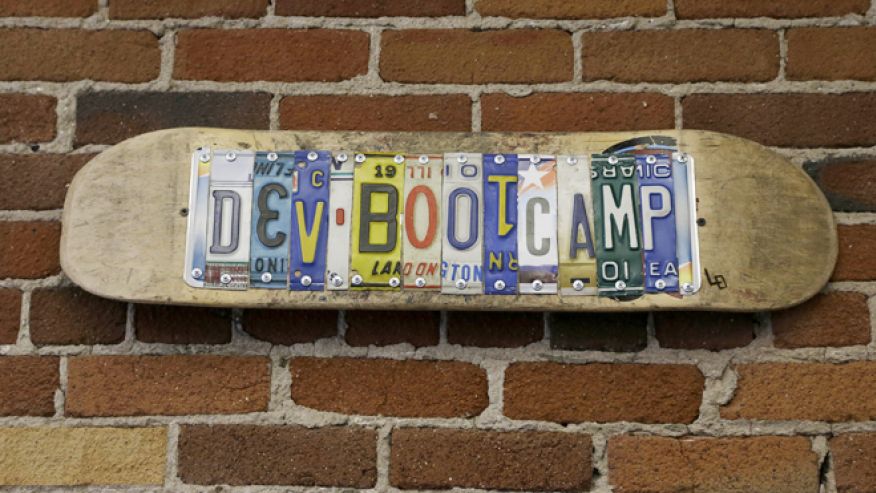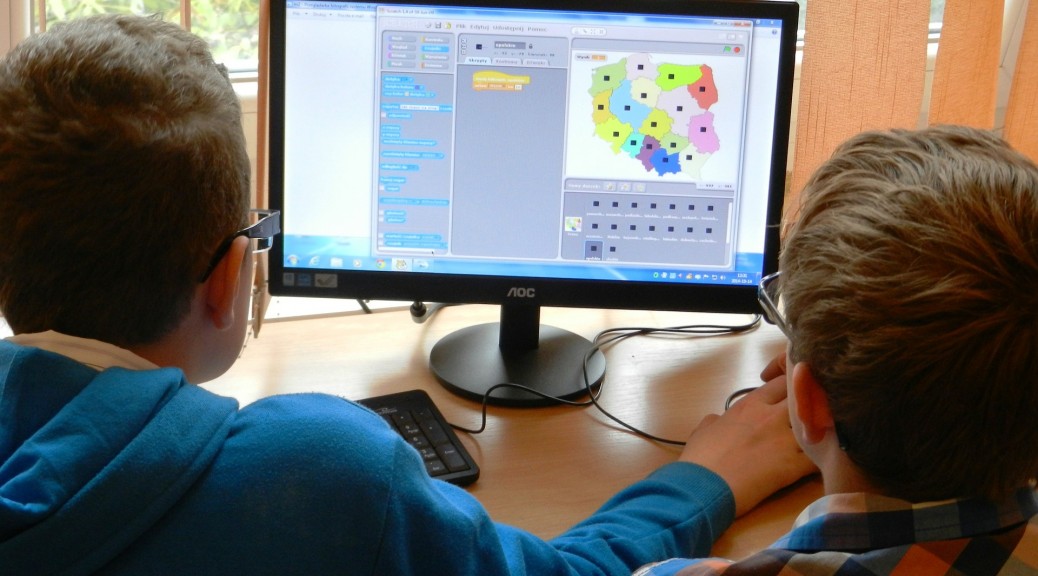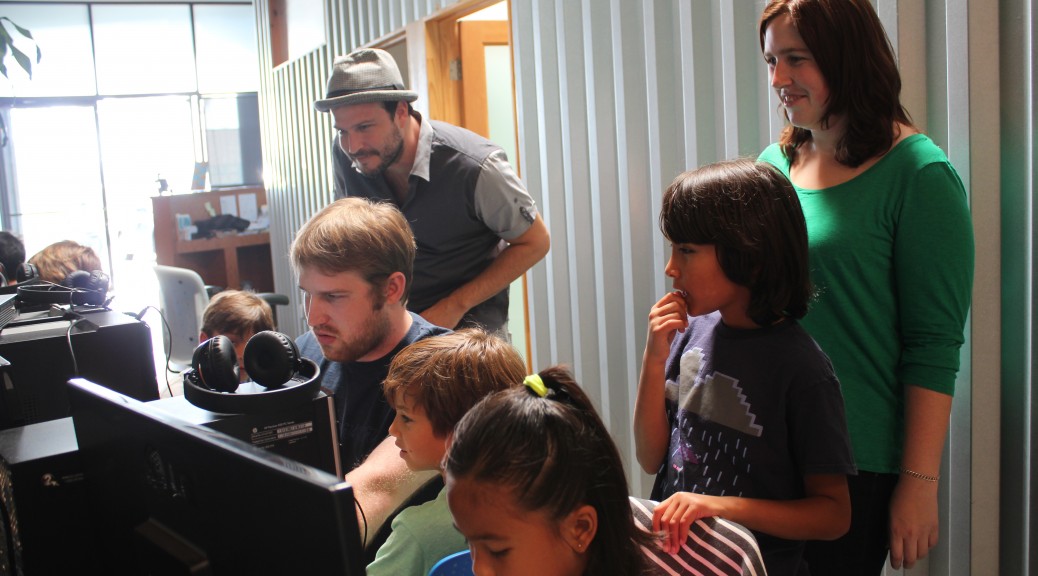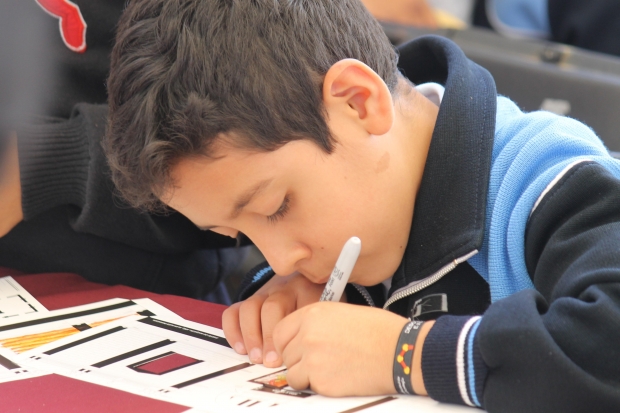Every parent wants their child to do well in school but not all of us know the best way to help them accomplish that goal. At CodeREV Kids, we’ve compiled five simple tips you can follow to help your kids be prepared for their next test.
1. Make a plan for studying well in advance
Deadlines have a way of sneaking up on all of us, regardless of age. Teach your children to make a study plan as soon as they know the date of their test. Then check with them daily or weekly to see that they’re on track. There’s simply no substitute for studying over time versus cramming in the day or two before the test.
2. Be ready for the format of the test
Many students concentrate so hard on learning the material on a test that they forget to work on the format of the test. For example, if your child isn’t used to essay tests, then you may need to help them learn how to organize them. If they don’t know the best strategies for multiple choice tests, then you may need to help them.
3. Remember that it’s not all about school
You do want to help them focus but you don’t want them so stressed about their tests that they end up worrying themselves out of a good grade. We recommend fun activities that help improve their critical thinking skills overall, like coding classes.
4. Attitude matters
A single test isn’t going to make or break your child’s entire educational career. You do want them to do well, but if they don’t, let them know that you can learn from that experience. You don’t want to pressure your child so much that they aren’t able to do their best on a test.
5. Overall health is important
Make sure your child gets a good breakfast the day of their test, and plenty of sleep the night before. Regular experience can help boost brain activity too. There are of course many reasons to try and ensure your child is healthy but improving their test scores should be one of them.
At CodeREV Kids we are in the business of helping kids succeed. As their parent, there are many things you can do to help them learn to excel, including the tips above. Feel free to reach out if you’d like to know more about how coding can be a part of this strategy.
